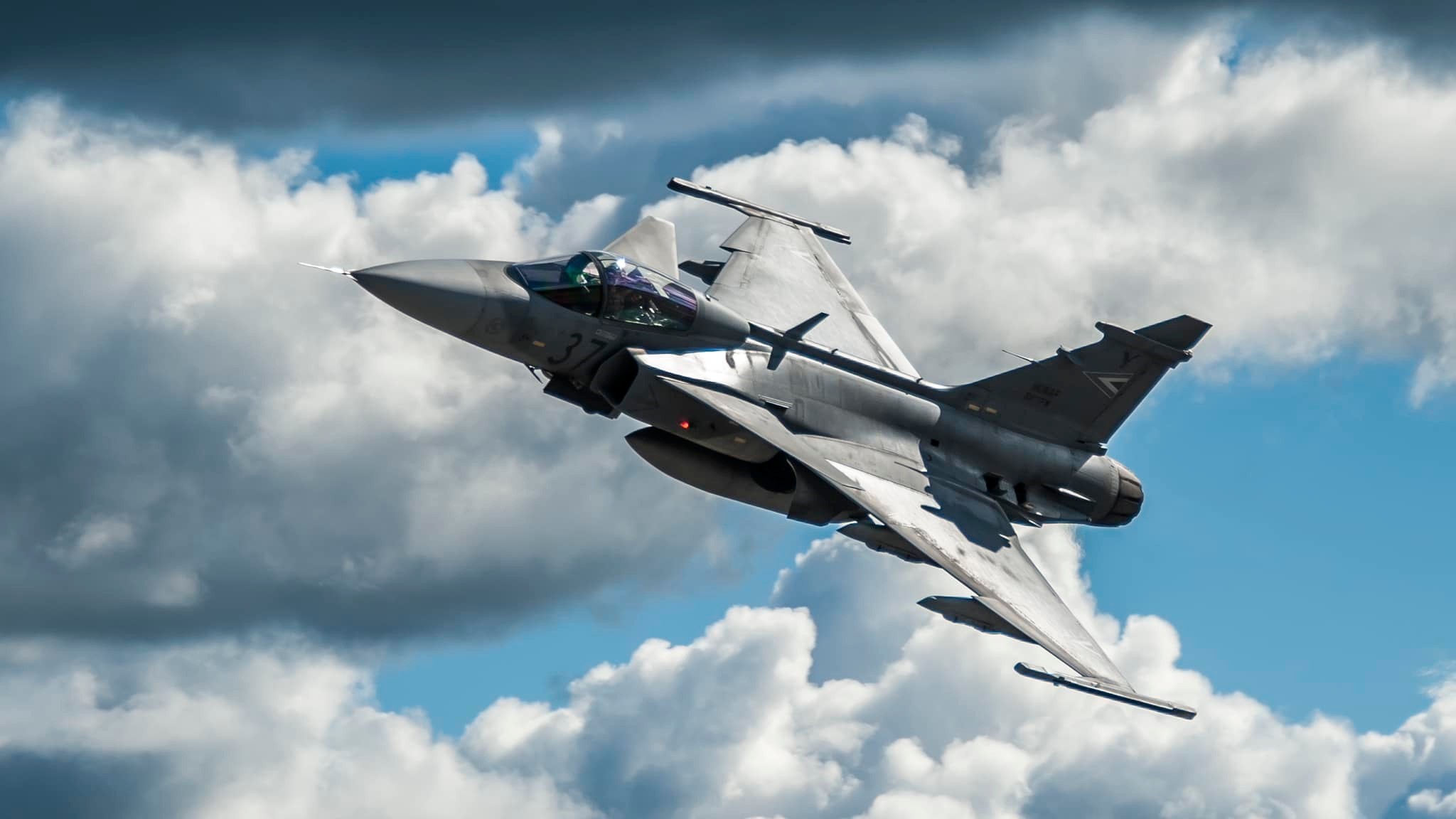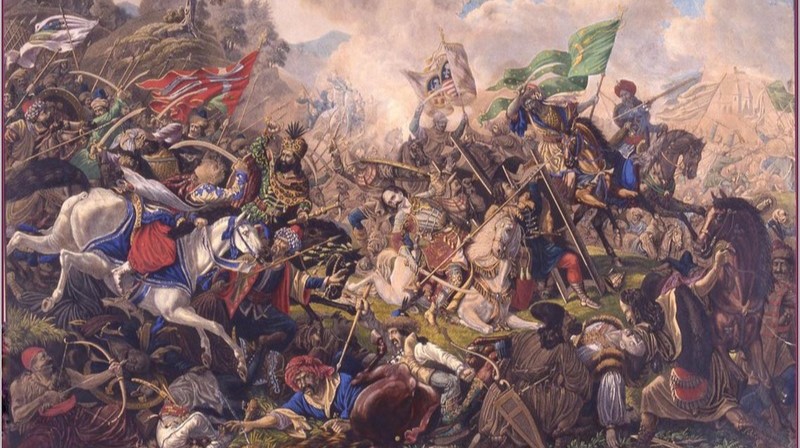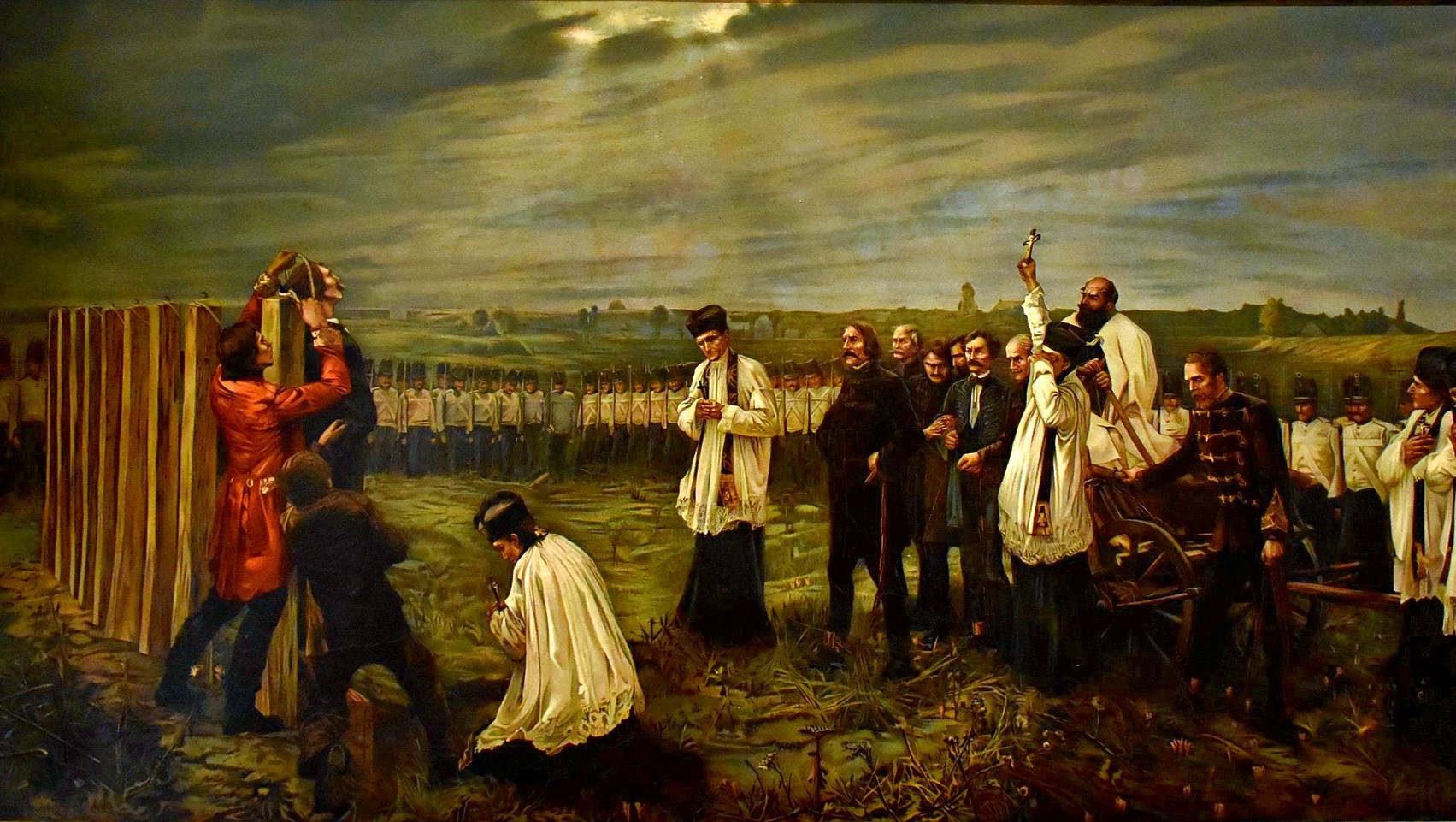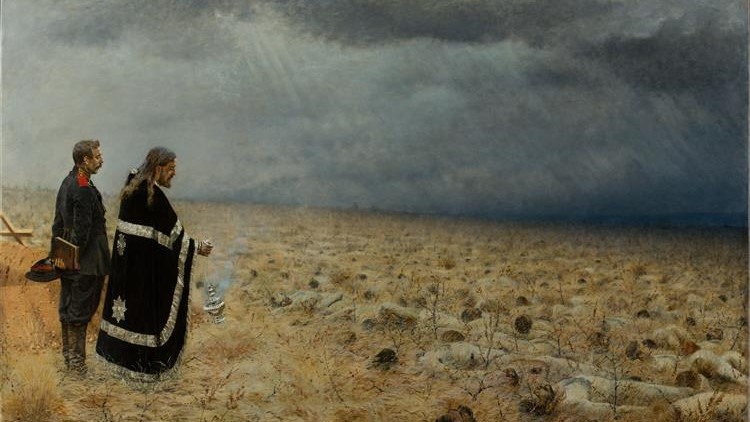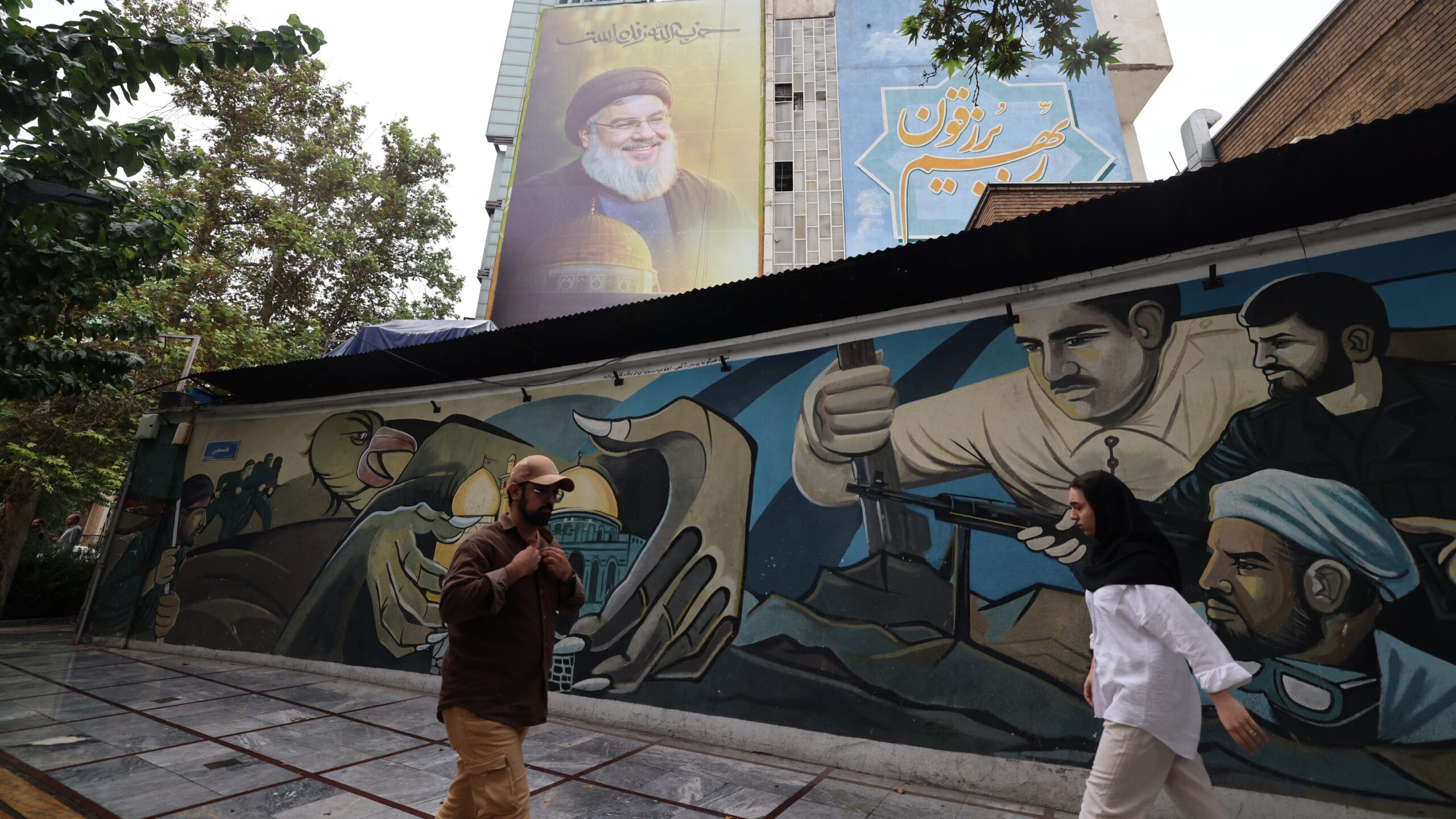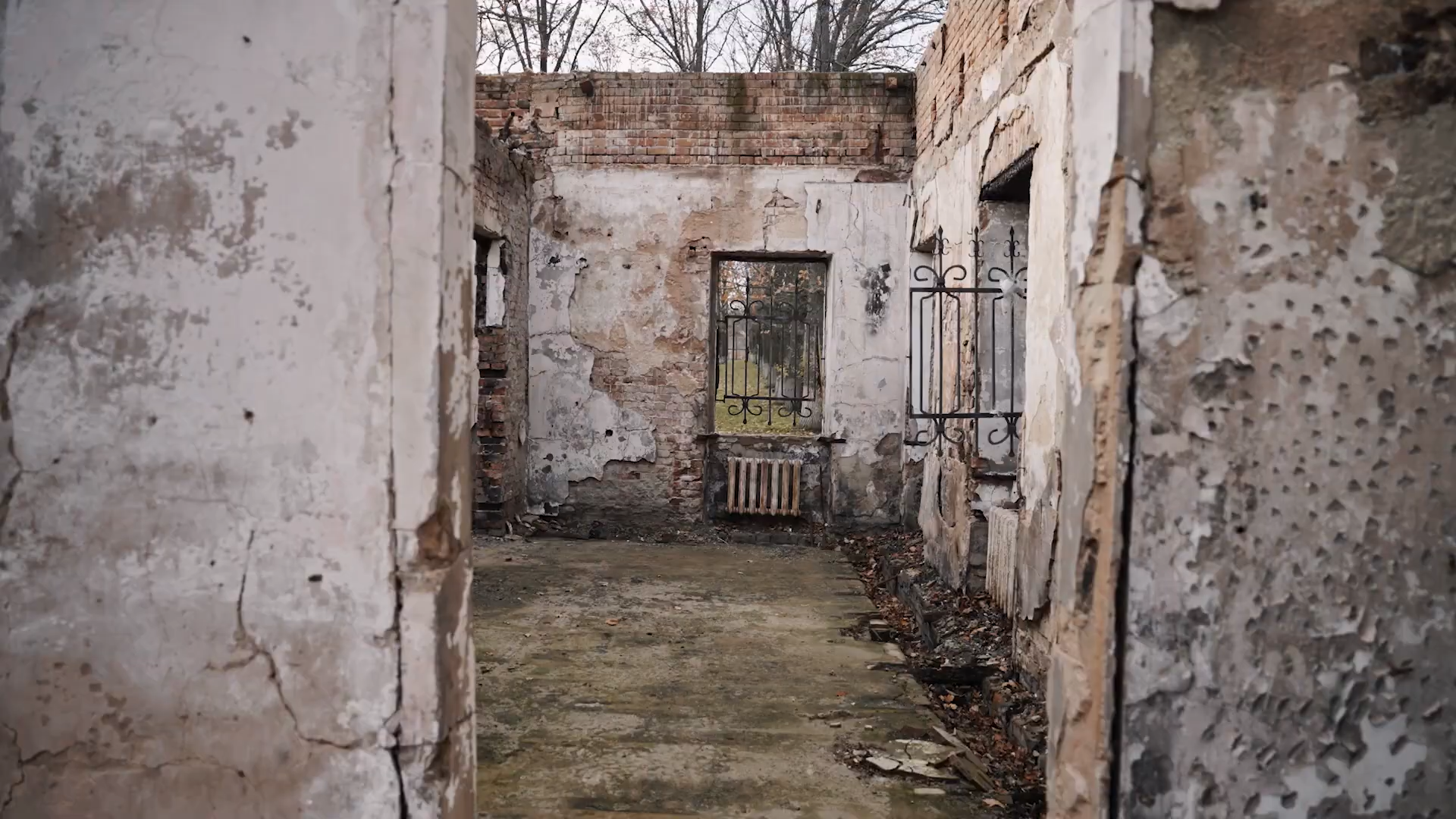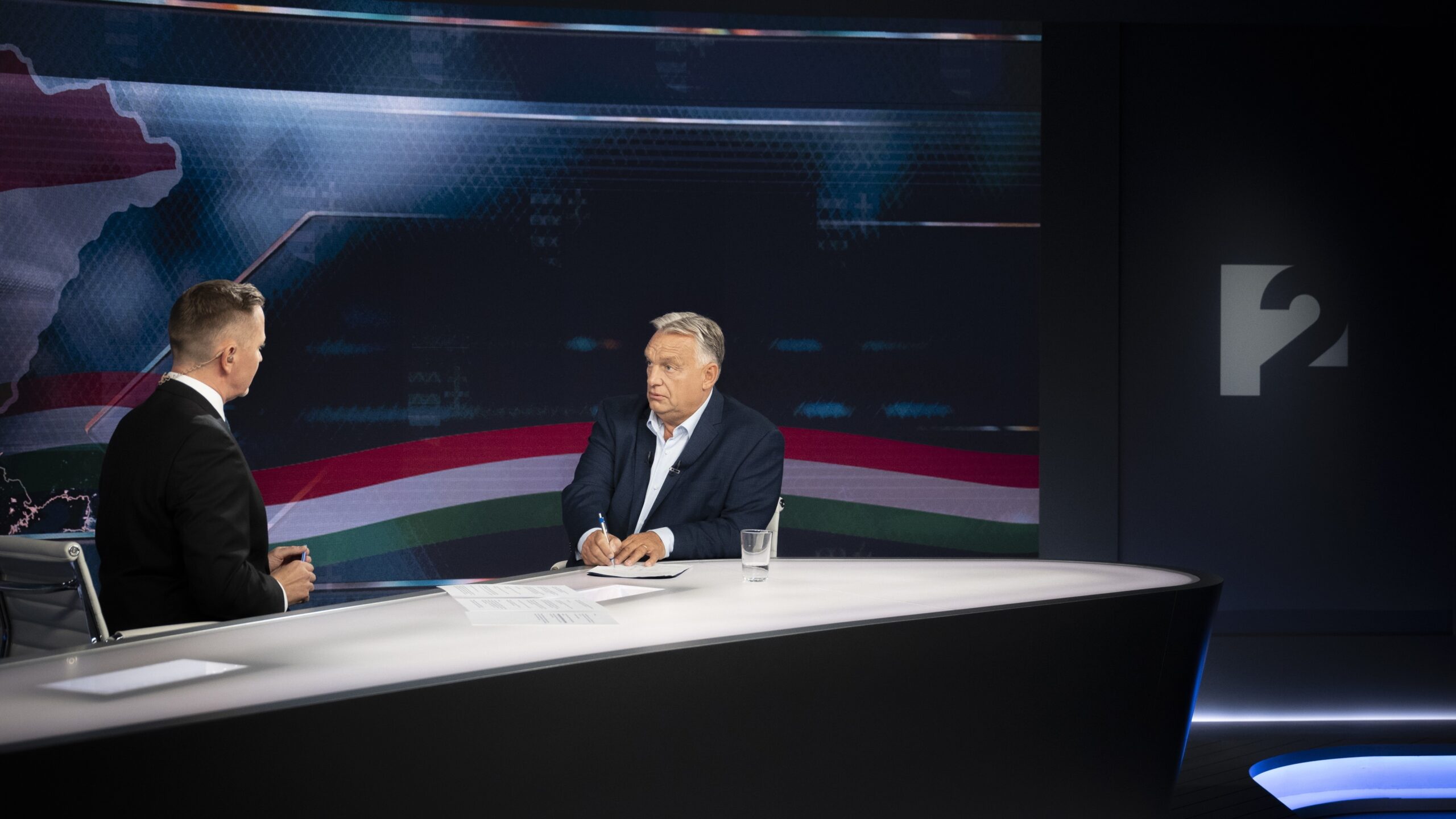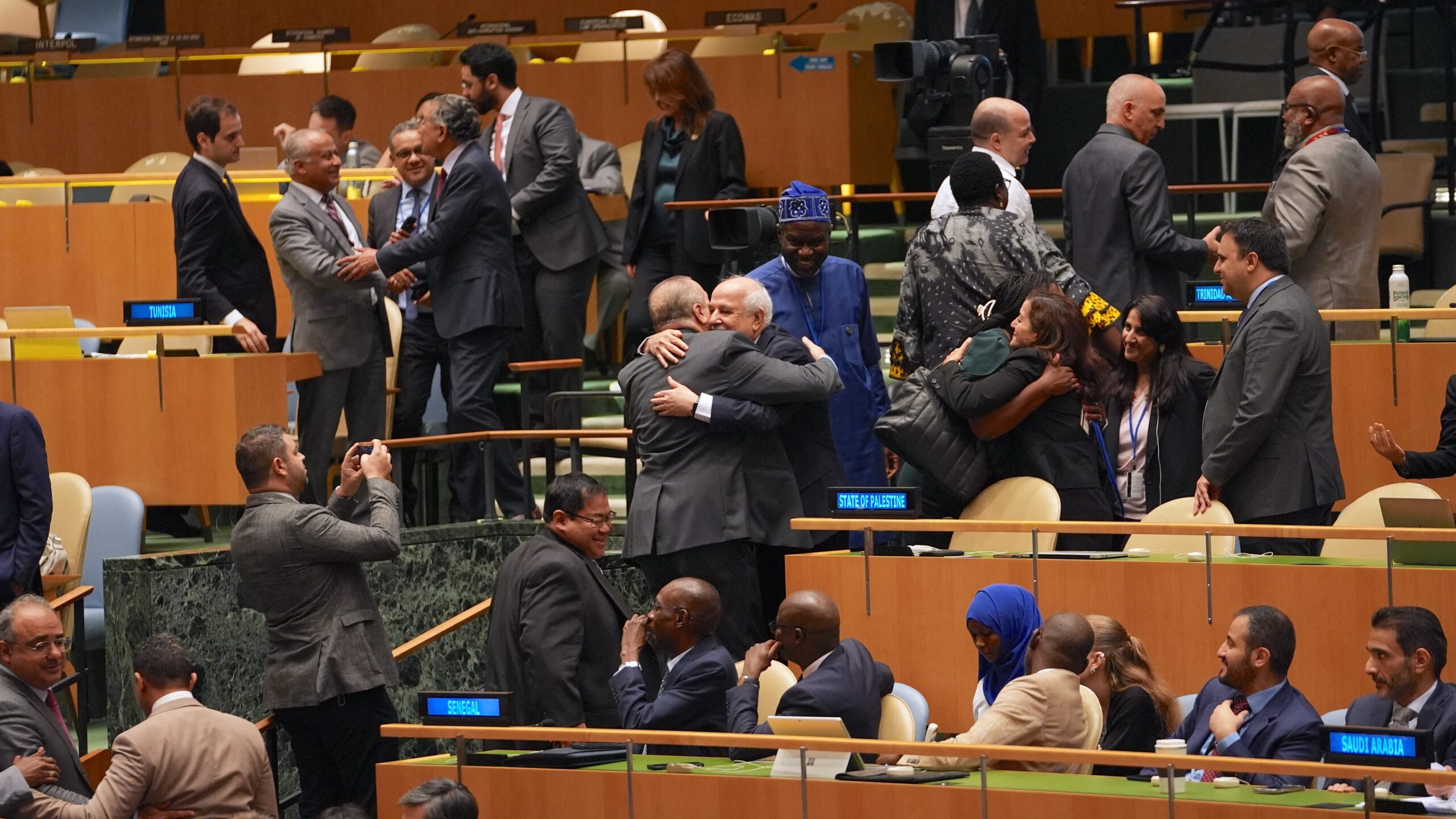
UN Resolution on ‘Occupied Palestinian Territory’ Once Again Displays Blatant Anti-Israel Bias
The 18 September resolution doesn’t mention Hamas’ brutal incursion into Israel on 7 October or the 101 hostages that are still being held captive in Gaza. It also conspicuously avoids mention of the continuing Palestinian attacks on Israel. Hungary was one of the fourteen nations that voted against the resolution that holds Israel solely responsible for the conflict.

